Navigating the UAE’s AML Landscape: What Businesses Need to Know
The UAE, a global business hub and prominent Middle Eastern
economy, attracts significant investment. However, its wealth also attracts
criminals seeking to exploit its financial system. In 2022, the Financial
Action Task Force (FATF) identified deficiencies in the UAE’s anti-money
laundering (AML) and counter-terrorism financing (CFT) controls, placing it on
its “grey list.”
This increased scrutiny demands that businesses operating in
the UAE understand the country’s evolving AML/CFT environment. This includes:
1. Recognizing the Risks:
- Money
laundering and terrorist financing threaten the UAE’s financial system.
- Complying
with AML/CFT regulations is a legal obligation and protects businesses
from financial crime risks.
2. Understanding the Regulations:
- The
UAE has a comprehensive AML/CFT framework with strict compliance
requirements.
- Familiarize
yourself with key regulations like Federal Decree-Law No. 20 of 2018 and
its Executive Regulations.
- Stay
updated on regulatory changes and interpretations issued by the Central
Bank of the UAE (CBUAE).
3. Implementing Effective Compliance Measures:
- Conduct
customer due diligence (CDD) and know your customer (KYC) procedures to
identify and verify clients.
- Monitor
transactions for suspicious activity and report them to the Financial
Intelligence Unit (FIU).
- Maintain
detailed records and implement internal controls to mitigate risks.
4. Seeking Professional Guidance:
- Navigating
the complexities of AML/CFT regulations can be challenging.
- Consider
seeking guidance from experienced professionals who understand the UAE’s
AML landscape.
The UAE’s AML Sentinel: The Central Bank’s Anti-Money Laundering Department
Standing Guard Against Financial Crime: In the UAE,
the Central Bank’s Anti-Money Laundering and Combatting the Financing of
Terrorism Supervision Department (AMLD) is the primary defense against
financial crime. Established in 2020, this specialized department is the central
point for AML/CFT supervision and enforcement.
Mission:
- Examining
licensed financial institutions (LFIs): AMLD closely monitors
LFIs operating within the UAE, ensuring adherence to regulations and
identifying potential risks.
- Enforcing
compliance: It works hand-in-hand with the Banking Supervision
Department and Enforcement Division to investigate and penalize
non-compliant firms.
- Guiding
and developing: AMLD issues guidance to LFIs and actively shapes
the UAE’s AML/CFT legislation.
- Collaborating
globally: It fosters international cooperation in the fight
against financial crime, engaging with counterparts worldwide.
Addressing the FATF Gray List: Following the UAE’s
placement on the FATF’s Increased Monitoring List (gray list), AMLD plays a
critical role in fulfilling the country’s action plan for improvement. This
includes working closely with the National Anti-Money Laundering and Combatting
Financing of Terrorism Committee (NAMLCFTC) to remove it from the list.
Staying Compliant in the UAE: Your Guide to AML/CFT Regulations
The UAE, following FATF guidelines, requires businesses to
adopt a risk-based approach to Anti-Money Laundering and
Counter-Terrorism Financing (AML/CFT). This means understanding your customers’
risk profiles and tailoring your compliance measures accordingly. Here’s what
you need to know:
1. Know Your Customer (KYC) and Ultimate Beneficial
Ownership (UBO):
- Conduct
thorough customer due diligence (CDD) to verify
identities and collect sufficient information for risk assessments.
- Identify ultimate
beneficial owners (UBOs) of customer entities to prevent misuse
of shell companies for anonymity.
2. Enhanced Due Diligence (EDD) for High-Risk Customers:
- Implement enhanced
due diligence (EDD) for customers deemed
high-risk, requiring additional scrutiny like document verification
or third-party audits.
3. Continuous Transaction Screening:
- Regularly screen
customer transactions for AML/CFT risks, including those
involving high-risk parties or jurisdictions.
4. Managing Sanctions and Politically Exposed Persons
(PEPs):
- Implement
an effective sanctions screening solution to identify
customers on international sanctions lists.
- Screen
against PEP lists to identify politically exposed persons
and manage associated risks.
Remember:
- Risk
assessments are key: Tailor your compliance efforts based on
individual customer risk profiles.
- Staying
updated is crucial: Regularly monitor UAE regulations and FATF
guidance for changes.
- Seek
professional guidance if needed: Complexities may require
expertise to navigate effectively.


